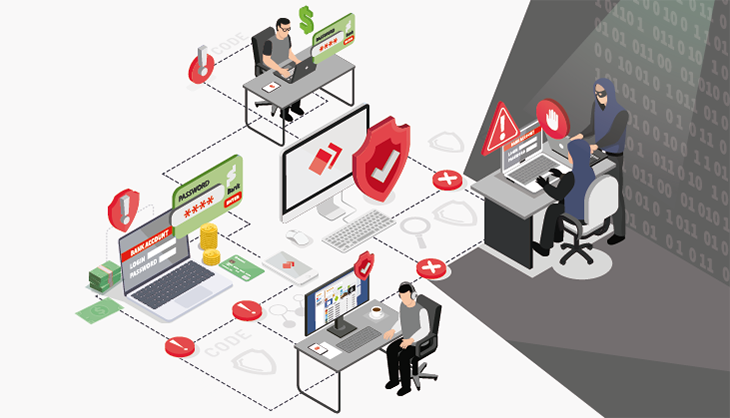
It usually happens in office when your IT department wants to work on your computer screen from a remote location. In the end, it all boils down to how much you care about the data you have on your phone – something that’s more often than not overlooked by smartphone users.You must be aware of remote screen access for your computer or laptops. Monitor your smartphone for intrusion attempts.Restrict access to your devices to any unauthorized users.Never share your credentials and passwords with anyone, especially over the phone.Use strong passwords that are difficult to guess.Only your SMS app should have permission to access your messages, so if another app asks for the same, make sure to avoid it like the plague.Ĭommon-sense cybersecurity measures are also to be taken seriously. Some grants are huge red flags, such as SMS. Should someone ask you to download a screen sharing app, either Anydesk or any similar one, head to the settings and check the permissions that the application seeks. When you reach out for assistance through mobile or the internet, make sure you’re dealing with a certified support assistant. The first thing that you need to do is to avoid download any app suggested by an unknown or unverified third party.

The RBI also warned all the payment systems operators and banks and asked them to spread awareness among their users to avoid and minimize such cybercrimes. The notice detailed the procedure and warned users about installing Anydesk and any similar app that may be used allegedly to steal users’ data and carry out unauthorized transactions. The Cyber Security and IT Examination Cell of the Reserve Bank of India sent an alert on February 14 on how such frauds happen. In other words, your bank account may become empty before you know it. Once they get the access code, the fraudster will be able to carry out transactions through any payment-related Apps, which include the unified payments interface (UPI) platform, mobile wallets, etc.


 0 kommentar(er)
0 kommentar(er)
